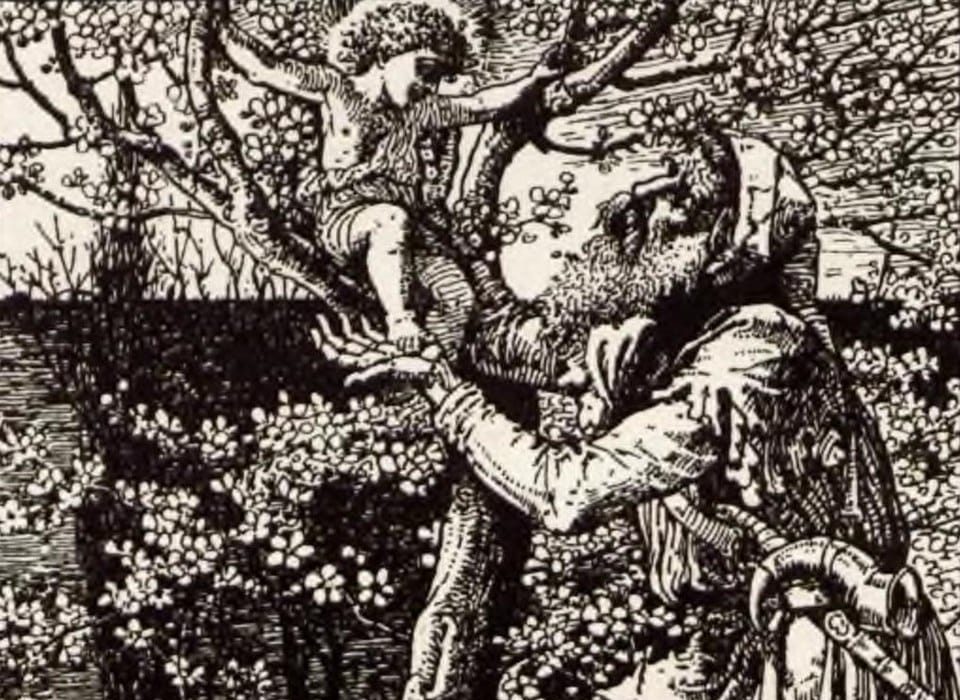The Great Vowel Shift sounds like some sort of cataclysmic event where the world suddenly split open and words spilled out everywhere. As a consequence, now suddenly humans all talk differently. However, that is not really the case at all. In fact, like most things, the shift was a gradual evolution from one era to another and it has a complex history. With that said, in today’s post, we are going to look at the causes and effects of The Great Vowel Shift.
Background of The Great Vowel Shift
In the beginning, vowels were a bit different from what we know them as today. That is to say, there was a difference in pronunciation, from longer and more complex sounds. The shift between the times of Chaucer, Shakespeare, and afterward are indicative of this change.
“The main difference between Chaucer’s language and our own is in the pronunciation of the ‘long’ vowels,” states Harvard University. “The consonants remain generally the same, though Chaucer rolled his r’s, sometimes dropped his aitches, and pronounced both elements of consonant combinations, such as ‘kn,’ that were later simplified.”
In other words, time moved on and through era, so the vowel sound began to change and evolve over time. Vowels started to be pronounced closer to the front of the mouth, which meant as the shift happened some words were pronounced differently. But often, people would pronounce words a specific way based on where they lived. Moreover, there were 8 steps in this change, and, as academia has suggested—this didn’t happen in a quick, orderly way, because evolving language takes time.
Why Did the Shift Happen?
The Great Vowel Shift occurred during the late Middle English period (and before and after, too). It was a “raising of all long vowels,” and there are many explanations given as to why this happened (Nordquist).
For example, because this happened between the 15th and 18th centuries, the shift could be attributed to the movement of people. As stated by some sources: “rapid migration of people from northern England to the southeast part of the country” caused this change as they were looking “to escape the Black Death that killed over 25 million people across Europe” (Omondi).
Moreover, this movement of people blended accents and the words that people use. It also saw the use of a lot more loanwords from France. This either made the English want to change the way their English words sounded in comparison or the two languages naturally blended together.
There are also arguments stating that England’s rich wanted to change the way they spoke so they would sound less like the common serf. In this way, the aristocracy could differentiate itself from the peasant.
Conclusion
The Great Vowel Shift was a massive change in how our words sounds compared to Middle English and transformed speech into what we know today. There are many reasons for this change (as stated), and we can see the shift’s affects even to this day.
Works Cited
“The Great Vowel Shift.” Furman.edu. Web.
“The Great Vowel Shift.” Harvard.edu. Web.
Nordquist, Richard. “What was the great vowel shift?” Thoughtco.com. June 4, 2020. Web.
Omondi, Sharon. “What Was the Great Vowel Shift?” World Atlas. July 18, 2019. Web.





Leave a comment